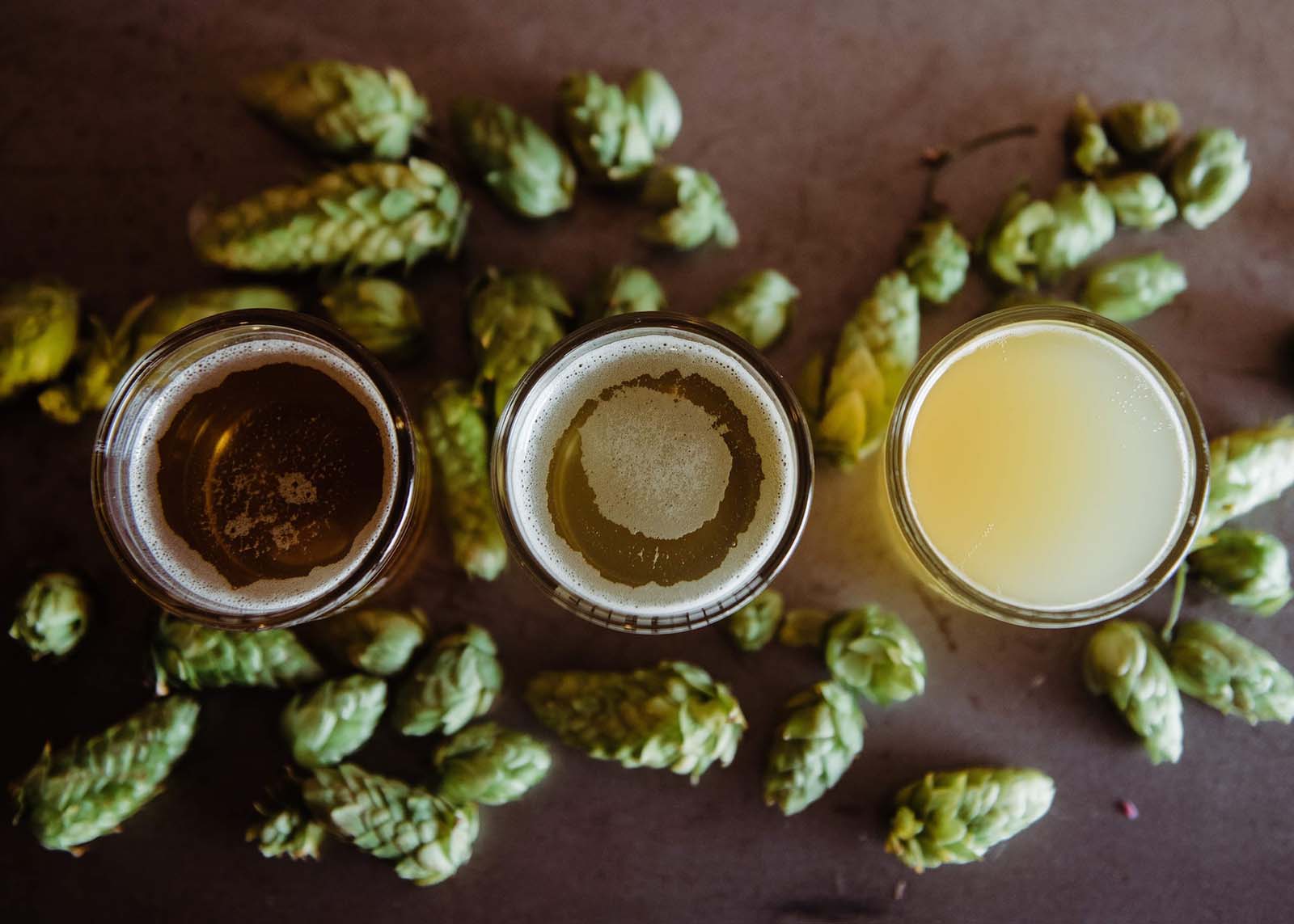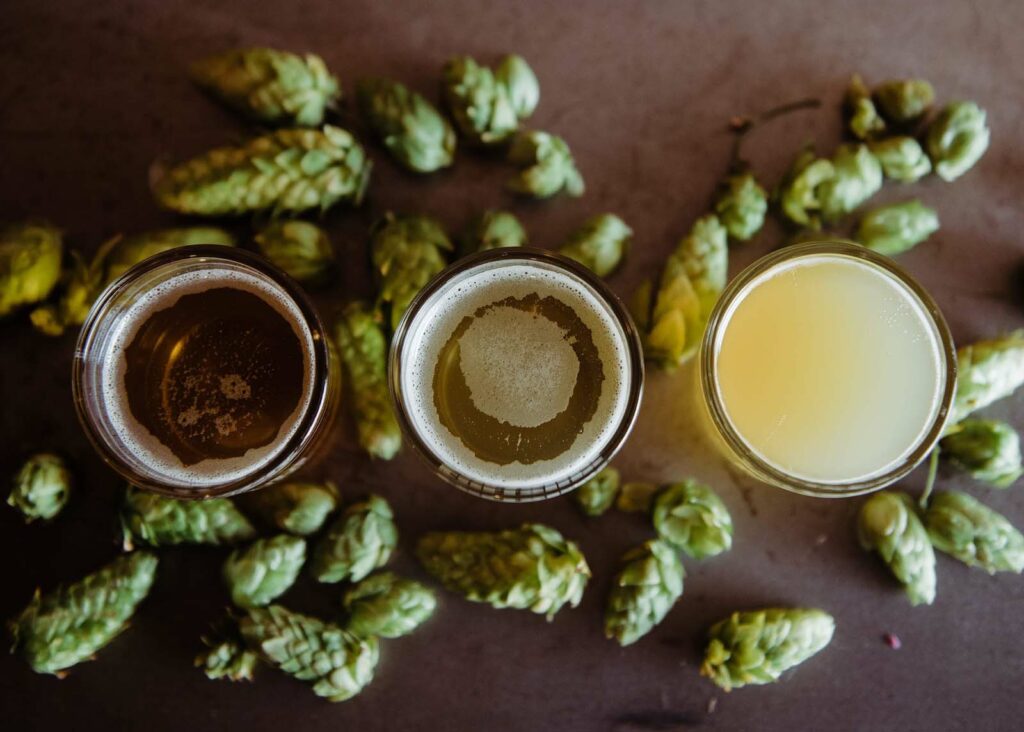
Singapore has been making huge strides in sustainability, especially with the nation-wide movement, the Singapore Green Plan. One upstanding trend amongst local businesses that's gaining traction is upcycling foods and beverages. Upcycling is an eco-friendly practice that transforms food byproducts and surplus ingredients into delectable consumables, reducing food waste and minimising our environmental footprint. In this comprehensive guide, we'll delve into the world of upcycled foods and beverages in Singapore, exploring what they are, why they matter, and where you can find them.
What is upcycling?
Upcycling is a process that repurposes waste materials, such as food byproducts, into new and sustainable products. Unlike recycling, which breaks down materials into their base components, upcycling enhances the quality and value of the discarded items. You can find out more in this article by Treehugger. In the context of food, upcycling transforms surplus or overlooked ingredients into delicious and nutritious products.
What are upcycled foods and beverages?
Upcycled foods and beverages are the culinary creations made from ingredients that might otherwise go to waste in the industry. As described by Upcycled Food Association, these items are designed to be just as tasty and nutritious as their preceding counterparts, but they have the added benefit of reducing food waste in the production process. Some categories of these include:
- Upcycled Snacks
- Upcycled Beverages
- Upcycled Alcoholic Beverages
- Upcycled Pet Food
Category #1: Upcycled Snacks
Upcycled snacks are little nibbles created from various food byproducts or leftovers. Some of these delightful snacks include potato peel chips, bread crumb crackers and fruit leather. To go deeper, some upcycled baked goods you may have encountered are banana bread and beer bread!
Category #2: Upcycled Beverages
Upcycled drinks are interesting concoctions made from food byproducts such as whey-based beverages. Particularly whey, a byproduct of cheese-making, can be used to create beverages like whey protein drinks. Find out more about this particular process in this article by Milk Specialties Global.
If you’re interested, you can even make a cold brew coffee concentrate using the coffee grounds that would typically be discarded after your initial brewing! Check out this guide by LuxHaus on how you can make a concentrated cold brew coffee at home.
Category #3: Upcycled Alcoholic Beverages
According to The Peak magazine, several distilleries are upcycling various food waste to alcohols. Some examples of upcycled alcoholic beverages include vodka created from leftover bread, where distilleries such as San Diego distillery and bar Misadventure & Co. make the vodka from surplus bread, which is fermented and distilled to create a unique spirit. Additionally, gin from fruit waste producers like Australia’s Hang 10 Distillery may use leftover fruit peels and cores to infuse flavours into their spirits.
Category #4: Upcycled Pet Food
Upcycled pet food is another great sustainable option you may consider when buying your furry friends’ food. As seen with local company, Pawfoo, the surplus ingredients from food manufacturers are rescued and repurposed into treats for dogs.
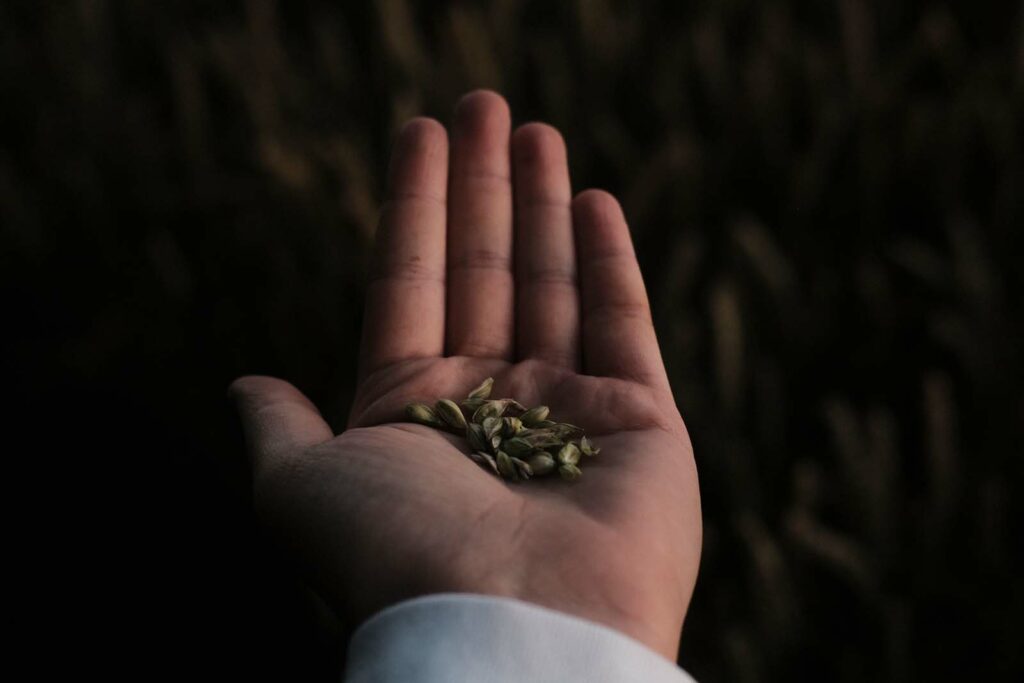
What are common byproducts that are used to upcycle food?
Upcycling in the food industry often involves the utilisation of common byproducts such as fruit peels, vegetable scraps, and spent grains from breweries. These typically discarded materials are then repurposed to create unique and sustainable food products.
Why is it difficult to upcycle food to food?
Upcycling food can be challenging due to various factors, including regulatory constraints, logistical issues, and consumer perceptions. Some of these challenges are attributed in the Special Issue "The Recycling of Food Waste and Its Valorisation".
A consideration, as written in the above Special Issue, is that regulatory approvals are often required to ensure the safety and quality of the upcycled products, which can be time-consuming and costly. Additionally, the collection and transport of food byproducts to upcycling facilities can be logistically complex. Moreover, consumers may be hesitant to try upcycled products because of preconceived notions about the quality and taste.
Why should we consume upcycled foods and beverages?
Upcycling food is a sustainable food practice that involves repurposing food waste or byproducts into new edible products or ingredients, thereby reducing food waste and promoting environmental conservation. This concept is part of the broader movement to address the global issue of food waste and create a more sustainable food system. Consuming upcycled foods and beverages offers several compelling benefits:
- Reduction of Food Waste
- Resource Conservation
- Innovative Flavours
- Sustainability
Benefit #1: Reduction of Food Waste
Upcycling helps divert food byproducts from landfills, reducing the environmental impact of food production. In our land scarce Singapore, our trash problem is innovatively dealt with as seen in this article by Medium on Semakau Island. Reducing our food waste at its emergence will give way to creating a more sustainable Singapore.
Benefit #2: Resource Conservation
Conserving resources like water, energy, and even agricultural land benefits consumers in the long run by making efficient use of ingredients that would otherwise be discarded. As seen in this journal article on reducing food loss and waste through upcycling, important resources can then be put to other uses whilst upcycling food byproducts and leftovers.
Benefit #3: Innovative Flavours
As seen with several mouth watering examples of the upcycled food products above, these products often feature unique and creative flavours not typically created elsewhere. This is definitely an added benefit of providing consumers with exciting culinary experiences! In time, the public perception of upcycled food products might then change for the better, as seen in a journal study on communicating the value of upcycled foods.
Benefit #4: Sustainability
As Singapore heads towards a more sustainable future, food and beverage choices may be something consumers can consider. By supporting upcycled food brands, consumers contribute to a more sustainable and circular food system that also ensures Singapore’s food security. Find out more about reinforcing global food security in this publication by the Food and Agriculture Organization of the United Nations.
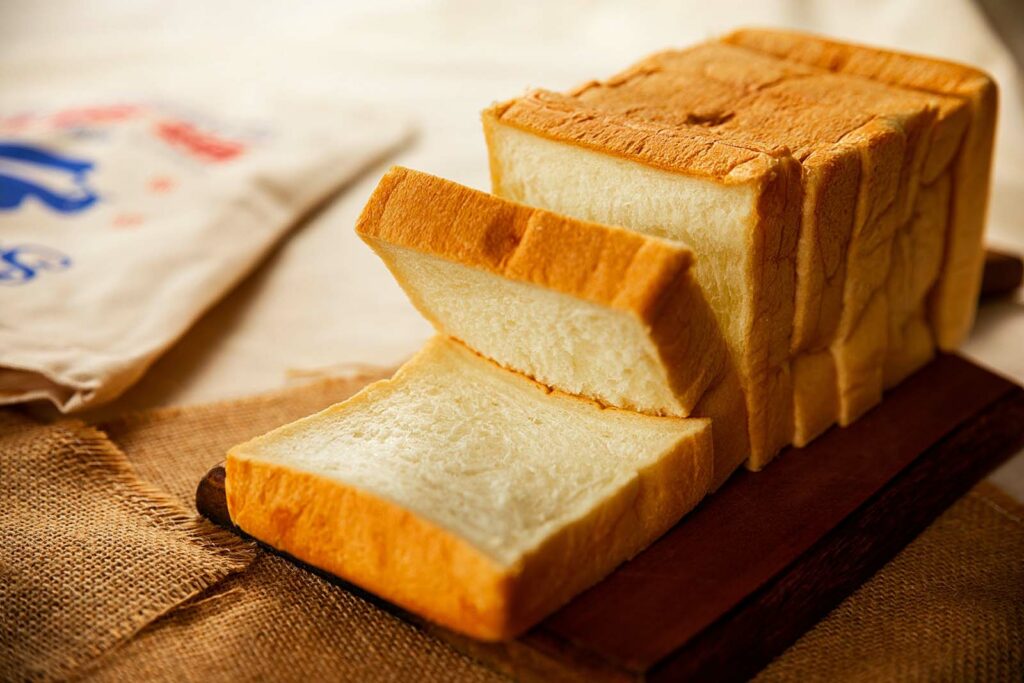
What are some upcycled food brands in Singapore?
Singapore is home to a growing number of upcycled food brands, each offering a range of inventive products. Here are a few notable ones:
- Confetti Snacks
- W0W Noodles
- the moonbeam co.
- WellSpent
What is Confetti Snacks?
Confetti Snacks started out as a local company creating upcycled snacks from discarded ugly vegetables. After much experimentation, they have perfected their snacks in line with their mission. They also donate a portion of these upcycled snacks to the poorer parts of the world with hunger and malnutrition issues.
Their resulting product comes in the form of vegetable chips that are nutrient dense. When compared to consuming supermarket potato chips, these vegetable snacks are significantly healthier and pushes for a sustainable cause.
What is W0W Noodles?
W0W Noodles is created by KosmodeHealth. KosmodeHealth is a business that looks toward providing access to healthier options from natural sources. They have a technological approach to challenges related to the high extraction costs that hinder access to quality plant extracts, as well as tackling the significant wastage of agricultural and food by-products within the food industry.
KosmodeHealth’s W0W Noodles is a starchless protein fibre noodle formulated to meet the dietary needs of both ageing and diabetic people. According to the company, they use their extraction technology to process by-products of spent barley grains from breweries to formulate their noodles that does not induce any glycemic response that diabetics avoid due to blood sugar spikes.
What is the moonbeam co.?
the moonbeam co. is a local startup that pushes for sustainability and circularity in the food industry in Singapore. We aim to address the inefficiencies within the local food supply production through upcycling and advocacy.
We are best known for our healthy granola mix that is full of protein and fibre with no refined sugar and preservatives created from spent grains! We also have cookies, biscuits and so much more! Drop us a message at the moonbeam co. to find out more!
What is WellSpent?
WellSpent was created by At-Sunrice GlobalChef Academy to upcycle discarded food rich in nutrition into sustainable food dishes. In line with their No Waste initiatives, they use upcycled food ingredients such as eggshells, ground coffee beans, okara (soy pulp), fish bones, prawn shells, moromi (by-product from soy sauce production), coconut residue, fruit rind peels, tea leaves and spent barley.
As written in The Wellness Insider, they host events that include their created dishes made from spent food products. These dishes range from small bites to mains, and even includes desserts. Overall, you can’t even tell these dishes were created using upcycled ingredients!
What are some upcycled beverage brands in Singapore?
In addition to upcycled foods, Singapore also boasts a variety of upcycled beverage brands:
- Sachi
- Crust Group
- Mindful Drinks
- Soynergy
What is Sachi?
Sachi was created from a mission to address the challenge of food waste valuation. Sachi was launched in November 2021 as a successful Singaporean alcoholic beverage innovation. They aim to upcycle the substantial amount of wasted soy whey that is discarded by tofu manufacturers each day.
Sachi honed their craft through successfully pioneering a patented method of creating their unique soy wine from the nutritious soy whey produced during the manufacturing of tofu. This byproduct would usually be disposed of, and this is a great alternative with commercial value.
What is Crust Group?
Crust Group champions the fight against food waste through the growing upcycled food movement. According to them, they are committed to a more circular economy, by transforming food waste into innovative beverages and other offerings for the food service and retail business industry. They endeavour to reduce global food loss by 1% by 2030.
Crust group upcycles excess bread and discarded fruit peels from various sources and uses it along with malted barley, hops and yeast to create their own unique CRUST beer and non-alcoholic CROP beverages!
What is Mindful Drinks?
Mindful Drinks is a local sustainable company that produces beverages from 100% spent coffee grounds! According to them, Mindful Drinks aims to be an innovative brand that changes the way beverages are produced from sustainable methods and spent food products, particularly coffee grounds.
Surprisingly, their products are a non-alcoholic digestif drink labelled caffebucha that has many benefits for your gut health through antioxidants. Their unique flavours include Lychee, jasmine green tea, citrus mandarin and cinnamon chocolate. With the amount of coffee we consume and the coffee grounds thrown away, this upcycling method is definitely an interesting concoction that reuses coffee waste.
What is Soynergy?
Soynergy is a food technology start-up that transforms food byproducts into functional drinks. Using biotechnology, they unlock nutrients within the spent ingredients and give it new life. They hope to provide a nutritious zero-waste product from otherwise wasted food byproducts from manufacturers, while still remaining financially viable.
Their resulting product is an okara-based probiotic drink, a non-dairy beverage with multiple health benefits made from okara, by-product from tofu and soy drink production. Soynergy uses a patented processing method to upcycle okara into a vegan drink that has live probiotics, dietary fibre, protein and isoflavones. These are excellent for your gut health!
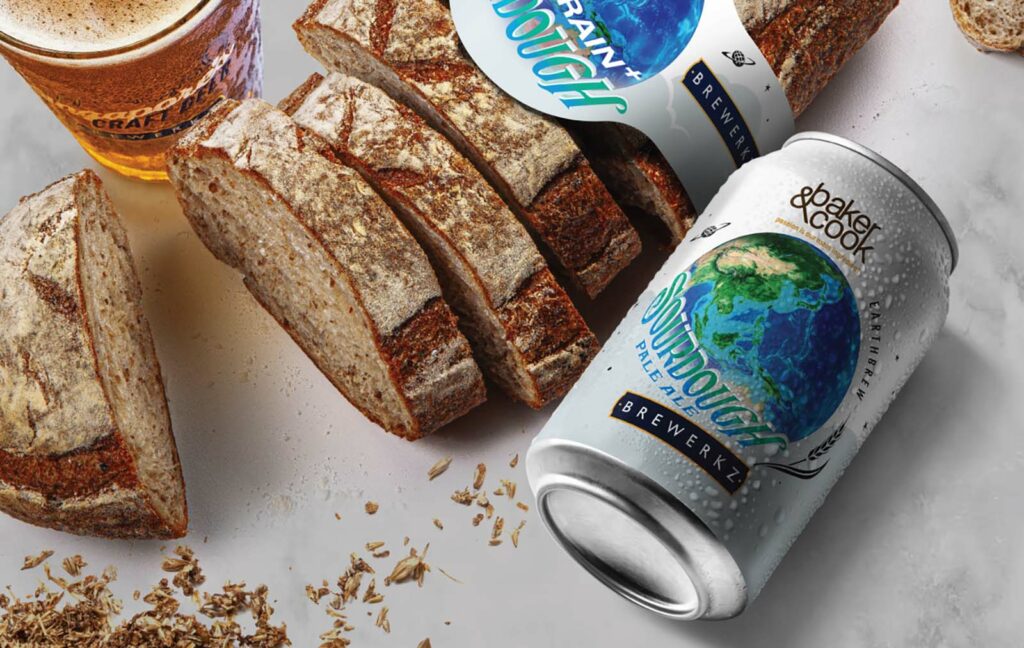
What are some other F&B brands that also upcycle their foods?
There are even several F&B brands in Singapore that upcycles their own food products:
- Brewerkz
- Baker & Cook
- Mottainai Food Tech
What is Brewerkz?
Brewerkz is renowned in Singapore for their craft beers and is the longest running local craft brewery. They have partnered with various organisations like Sentosa and the Public Utilities Board (PUB) to create unique products such as Singapore’s first carbon-neutral beer and beer created from NEWater. You can check out Brewerkz’s story in an article by Vulcan Post here.
Brewerkz also upcycles their own brewers’ spent grains (BSG) into products such as tortilla wraps, chips, bread, pasta, and cookies. As we’ll find out, Brewerkz also collaborated with Baker & Cook to create something special. Find out more about BSG here!
What is Baker & Cook?
Baker & Cook is a local artisan bakery & foodstore, created by Global Baker, Dean Brettschneider. They are known for their bakery products that are entirely hand-crafted.
According to SG Magazine, Brewerkz has collaborated with Baker & Cook to produce their Earthbrew Sourdough Pale Ale. This ale is made from Baker & Cook’s excess sourdough bread from various local supermarkets. Alternatively, Baker & Cook uses NEWGrain+, an ingredient made from Brewerkz’s spent grains, to create the sourdough. Overall, this results in an exemplary case of the possibility of circular foods!
What is Mottainai Food Tech?
Mottainai Food Tech is a local startup with a mission to valorise food waste. They aim to create a sustainable future using food waste, despite its negative connotation. Interestingly, their brand’s wording is derived from “mottai” - too good to waste, and “nai” - not. The Japanese term “mottainai” speaks to the concept of gratitude and not wasting valuable resources.
Their team of food scientists themselves, the company provides services and partnerships through R&D, consulting and commercialisation. Some of their innovations include Jiro-Meat, ReLeaf and Bon Bon Bueno. These products respectively are a meat alternative made from okara, kombucha made from spent tea leaves and finally, lager made from upcycled cocoa husks.
What are some upcycled pet food brands in Singapore?
Upcycled food does not limit itself to us humans! Our furry friends can also consume these sustainable snacks if you know where to find them. Here are some examples of local companies serving upcycled treats for your pets.
- Pawfoo
- PetCubes
What is Pawfoo?
Pawfoo is a startup specialising in crafting delectable pet treats using surplus ingredients rescued from food manufacturers. Their snack components are sourced sustainably and play a crucial role in reducing carbon emissions. Each ingredient is thoughtfully selected, ensuring they contain no additives or preservatives, promoting the well-being of pets. These health-conscious, eco-friendly pet treats, upcycled and vet-approved, continuously evolve with fresh new recipes.
What is PetCubes?
PetCubes is a local Singaporean company that produces premium, human-grade meals for pets. Their products are formulated by wildlife nutritionist Dr Francis Cabana so that the furry friends can thrive with their diets. Their products do not require cooking and are ready-to-eat meals for your pets!
PetCubes uses raw ingredients from various sources ranging from chicken to crocodile meat, to provide a wide selection of protein meals for dogs and cats. Recently, PetCubes created fresh dog food formulated from surplus ingredients by Uglyfoods and even black soldier fly larvae from Ento Industries. This results in an environmentally conscious and nutritious alternative protein source within the pet food industry.
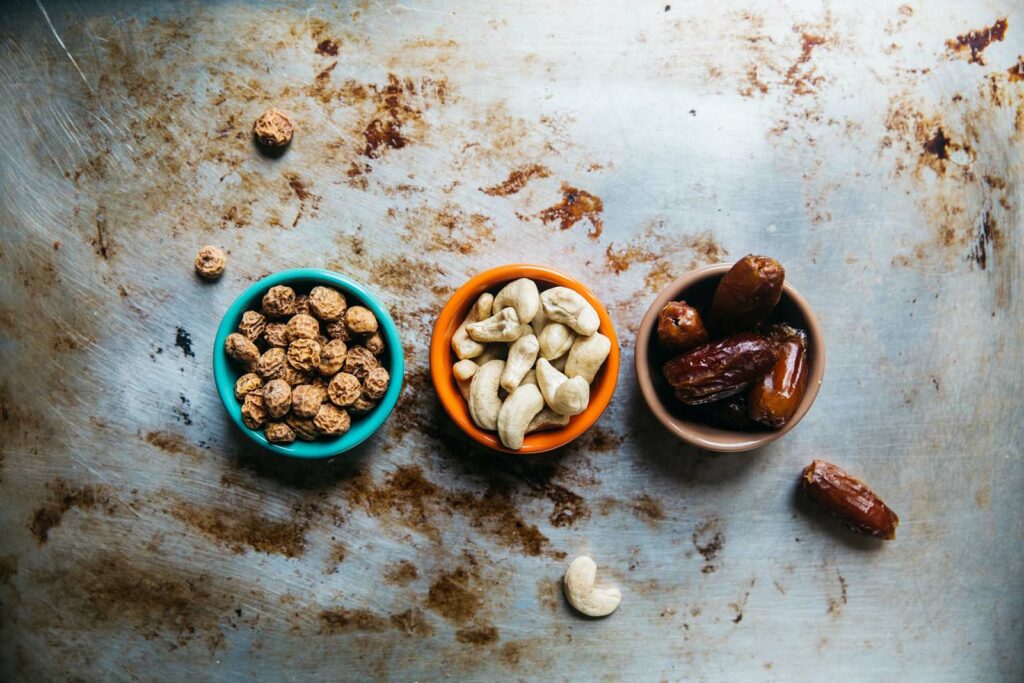
Conclusion
As Singapore continues to champion sustainability and reduce food waste, the upcycled food and beverage industry is expected to flourish. By exploring these innovative products and supporting local upcycling brands, everyone can play a part in building a more sustainable food system while enjoying delicious and eco-conscious culinary experiences. Hopefully, we can change the negative preconceived notions of leftovers and waste products into a commendable effort to foster a sustainable Singapore!

